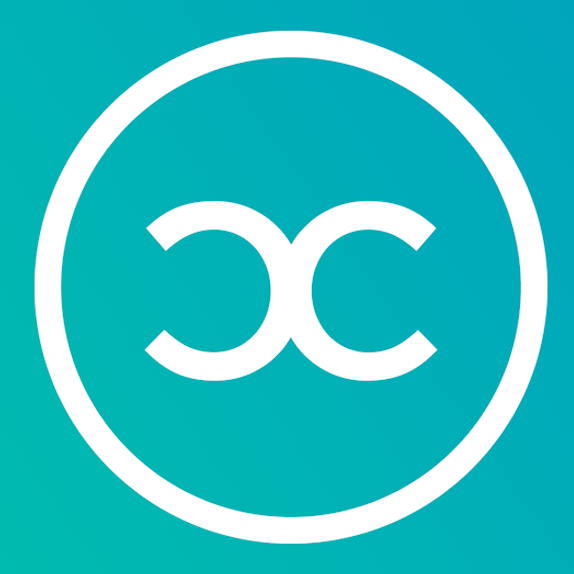
The State of Utility Tokens
The token economy is flourishing. After a breakout year in 2017, the number of tokenized decentralized software applications has grown exponentially, building the foundation for the next generation of the digital economy. Further progress is not guaranteed. In fact, the future of token-based innovation within the United States depends largely upon the upcoming decisions by US regulatory bodies.
Background
Digital tokens are unique, transferable units that can be created as part of a decentralized software protocol. Through the use of #blockchain technology, ownership of these units can be tracked, and transactions can be mediated without the need for a trusted third party. This nascent technology allows for revolutionary advancements in digital currencies, software solutions, business models, and fundraising opportunities. The interest in #tokenization is reflected in the over $6.5 billion of capital raised across over 525 token sales occurring in 2017.Token Models
Not all tokens operate in the same way. In fact, their programmable nature allows for a functionally infinite amount of applications. While there is no taxonomy of token use cases, there are three main categories of token models: stores of value, security tokens, and utility tokens. Each is designed for a different use case and bears its own regulatory concerns.Store of value tokens like Bitcoin appear to be beyond the scope of SEC securities laws at the moment. However, SEC commissioner Jay Clayton has claimed that “simply calling something a currency or a currency-based product does not mean it is not a security.” It appears likely that these tokens will be regulated as commodities for the time being.
Security tokens have a massive potential to transform traditional financial asset classes but, because they fall explicitly under security laws, they face much less regulatory uncertainty. These will look like -- and be regulated as -- securities, but with many of the added benefits that blockchain technology provides.
Utility tokens, also called app tokens or user tokens, provide or facilitate the provision of a product or service within a decentralized application. Very simply put, the sale of these tokens can function as “digital coupons” for a product or service and can be sold to the public in order to generate capital to build out the application and jumpstart the user-network. The future regulation of utility tokens and their sale remains undetermined.
Yes, Coin Circle at https://coincircle.com/l/jd8nSO1Mxo
Downvoting a post can decrease pending rewards and make it less visible. Common reasons:
Submit
Coin Circle will remain with accurate price.
Come and join with us at https://coincircle.com/l/jd8nSO1Mxo
Downvoting a post can decrease pending rewards and make it less visible. Common reasons:
Submit
CoinCircle - This project will become top on coinmarketcap.
https://coincircle.com/l/jd8nSO1Mxo
Downvoting a post can decrease pending rewards and make it less visible. Common reasons:
Submit
Coin Circle Token
https://coincircle.com/l/jd8nSO1Mxo
Downvoting a post can decrease pending rewards and make it less visible. Common reasons:
Submit
Coin Circle
https://coincircle.com/l/jd8nSO1Mxo
Downvoting a post can decrease pending rewards and make it less visible. Common reasons:
Submit
Still good project.
https://coincircle.com/l/jd8nSO1Mxo
Downvoting a post can decrease pending rewards and make it less visible. Common reasons:
Submit
Hi! I am a robot. I just upvoted you! I found similar content that readers might be interested in:
https://blog.coincircle.com/state-of-utility-tokens/
Downvoting a post can decrease pending rewards and make it less visible. Common reasons:
Submit